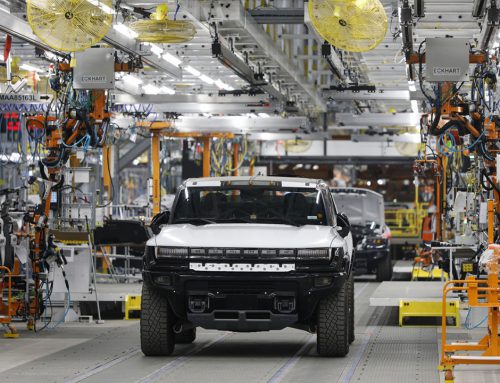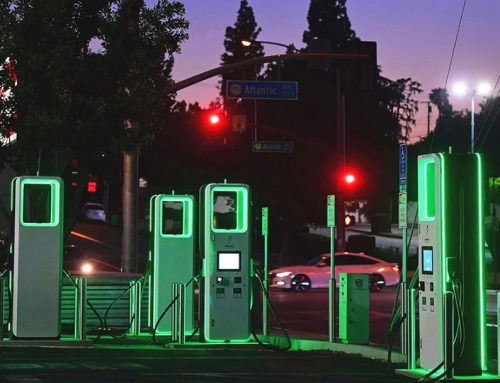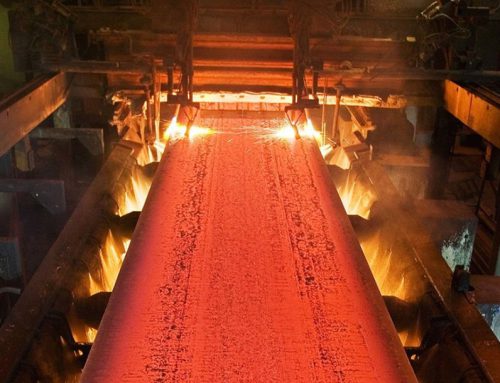Worries mount about car finance in America and Britain
But comparisons with the subprime financial crisis are overblown
THOUSANDS of second-hand cars, ranging from dented clunkers to Bentleys, glisten under the evening floodlights at Major World, a car dealership in Queens, a borough of New York. “Business has been good,” says a crisply-dressed salesman, scurrying between prospective customers. Almost everyone who wants to buy a car at Major World can get approved for a loan, he explains, regardless of their credit score, or lack of one: when banks turn buyers down, the dealership offers them its own in-house financing.
In both America and Britain new-car sales reached record levels last year (2.7m cars in Britain and 17.5m in America), as did second-hand-car sales in Britain. So too did car loans: £31.6bn ($42.8bn) in Britain and $565bn in America. Even folk with poor credit records (“subprime” borrowers) have been able to find financing. So some are asking whether this latest credit boom might have sown the seeds of a new crisis.
In America worries have centred on rising delinquencies in subprime asset-backed securities (ABSs) based on car loans. Bundling car-loan repayments into ABSs to sell on to investors represents an important source of financing, particularly for non-bank lenders. Cumulative net losses on subprime car-loan ABSs issued in 2015 are at levels not seen since 2008—over 6% after only 15 months.
Some hear echoes of the financial crisis. Yet any comparison with the subprime mortgage-backed securities that brought down the world’s financial system a decade ago is a stretch. True, subprime lending makes up an even bigger share of car loans (21.1%) than it did of mortgages in 2006 (13.6%, compared with just 3.6% in 2016). But the car-loan market is tiny compared with the $2.8trn in mortgages issued in America in 2006. And whereas three-quarters of subprime mortgages were securitised, spreading the risks far and wide, only a fifth of subprime car loans are turned into ABSs. So far, subprime car-loan ABSs have avoided downgrades.
In Britain the comparison with 2006 is even harder to sustain. Data are fuzzier than in America because standardised credit scores are not used for car loans, but the Finance and Leasing Association (FLA), an industry body, reckons that subprime loans make up only about 3% of outstanding British car debt. Rondeep Barua of Bank of America Merrill Lynch says that the British market shows no immediate signs of stress; delinquencies have not increased, for instance.
Some have expressed worries about the potential mis-selling of personal contract plans (PCP), a hybrid form of lending, between a loan and a lease, that makes up four-fifths of all British car loans. But, as Adrian Dally of the FLA points out, PCPs have accounted for a majority of new car loans in Britain for a decade without leading to serious problems.
Even without a crisis, however, the boom in car lending is bound to create some worries. PCP borrowers in Britain have a lease-like option allowing them to return their cars after three years, so a glut of second-hand cars could depress prices. In America second-hand-car prices have already hit a six-year low, contributing to the low recovery rates on subprime loans. American lenders have also had to moderate their treatment of defaulters after alleged violations of debt-collection practices. To smooth repossessions, Major World insists that recipients of its in-house loans have a GPS tracker always on in their cars, so they can easily be traced.
Certain lenders which have heavy exposures to subprime borrowers are showing some signs of stress. For example, Santander Consumer USA, the American car-lending arm of a Spanish bank, has cut back sharply on making new loans and bolstered its reserves.
In Britain the surge in car-dealership finance has prompted the Financial Conduct Authority, a regulator, to raise concerns about irresponsible lending. Any problems with car lending would be cause for concern if they signalled broader troubles with consumer credit. The Bank of England has expressed worry about the breakneck pace of expansion in British consumer borrowing, which was growing at an annual rate of 10.9% last November, the smartest clip since 2005, fuelled by car finance, credit cards and personal loans.
In America analysts at UBS, a bank, have seen delinquency rates on subprime unsecured loans and credit-card balances start to rise (albeit from a low base), and poor performance start to spread from subprime car loans to more creditworthy borrowers. Subprime car loans may not bring down the system on their own, but regulators are all too well aware of the dangers if too many households find they have borrowed too much.




